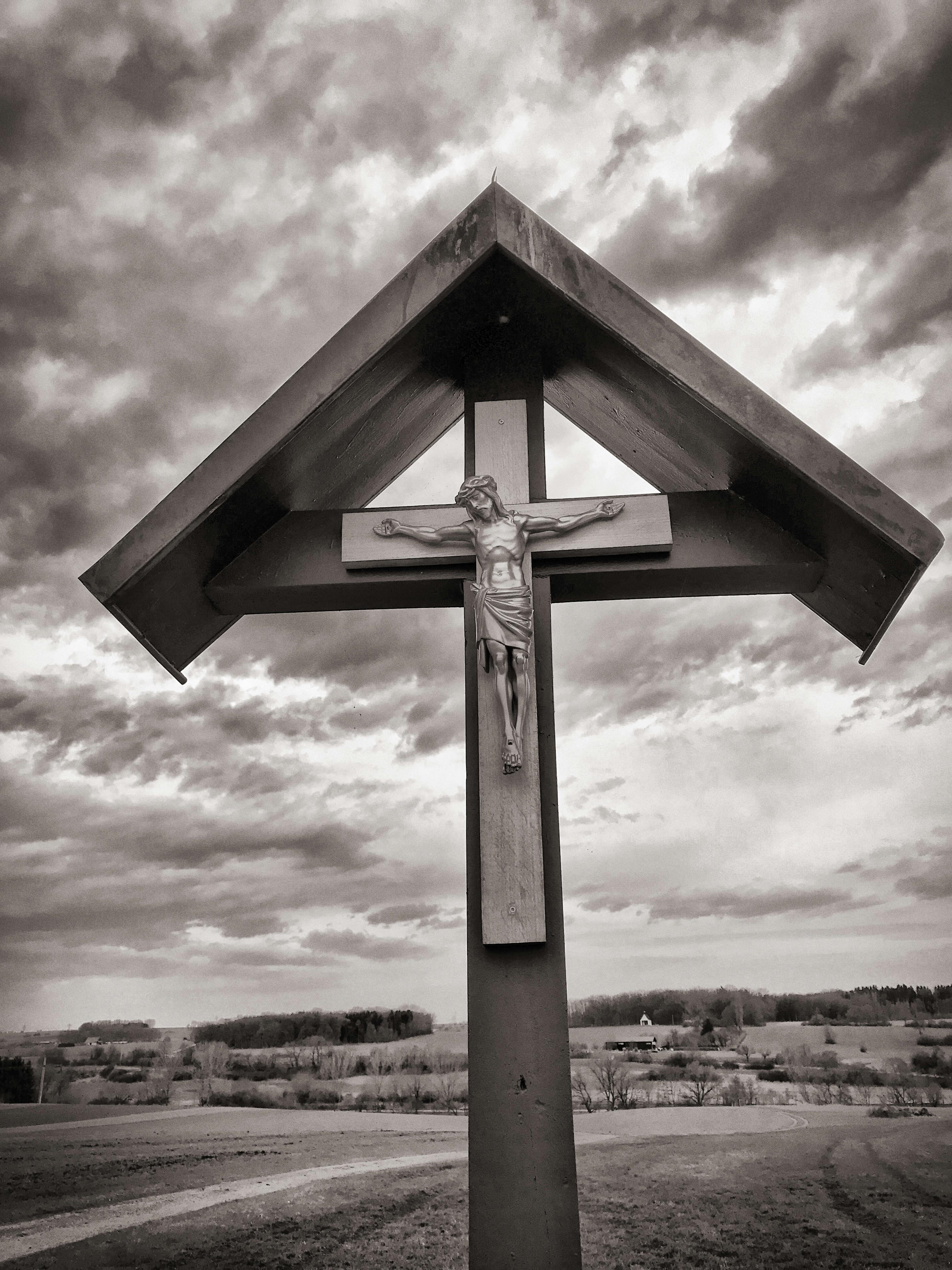Ash Wednesday: Its Origins, Significance, and Practices
Ash Wednesday marks the beginning of the Lenten season in the Christian liturgical calendar. It is a day of repentance, reflection, and renewal. For many, it signifies the start of a journey that culminates in the celebration of the resurrection of Jesus Christ at Easter. Ash Wednesday is an important day for Christians, and understanding its history, significance, and practices can help deepen the meaning of the observance.
The Origins of Ash Wednesday
The history of Ash Wednesday dates back to the early centuries of Christianity. The practice of using ashes as a symbol of penance and repentance can be traced back to the Old Testament. In biblical times, people often used ashes as a sign of mourning and repentance. For example, in the Book of Jonah, the people of Nineveh repented for their sins by putting on sackcloth and sitting in ashes (Jonah 3:5-9). Similarly, the practice of wearing sackcloth and sprinkling ashes on one's head was an expression of humility and sorrow for sin.
The formal observance of Ash Wednesday as the start of Lent, however, began in the early Church around the 6th century. By the 9th century, the custom of receiving ashes on the forehead as a symbol of repentance had become widespread across Christian communities. The ashes used for this ceremony were typically made by burning the palms from the previous year's Palm Sunday, a tradition that connects the joy of Christ's triumphal entry into Jerusalem with the solemnity of His Passion and death.
The word "Lent" itself comes from the Old English word "lencten," which means "spring," referring to the period of spiritual renewal and growth. This period lasts for 40 days, symbolizing the 40 days that Jesus spent fasting and praying in the wilderness before beginning His public ministry (Matthew 4:1-11).
The Significance of Ash Wednesday
Ash Wednesday is a day that calls Christians to reflect on their mortality, repentance, and the need for spiritual renewal. The ashes placed on the forehead during the Ash Wednesday service serve as a stark reminder of the transient nature of human life. The traditional words spoken as the ashes are applied, “Remember that you are dust, and to dust you shall return,” echo the words spoken to Adam in the Garden of Eden (Genesis 3:19).
This reminder of our mortality invites Christians to engage in the practices of self-examination, penance, and prayer. It is a call to humility and repentance, acknowledging that we are all in need of God’s grace and forgiveness. Ash Wednesday serves as the beginning of a season in which Christians seek to purify their hearts and lives, preparing themselves spiritually for the celebration of Christ's resurrection at Easter.
In addition to acknowledging mortality, Ash Wednesday also marks the start of the 40-day period of Lent, which is a time for fasting, prayer, and almsgiving. These practices are meant to help believers grow closer to God, reflecting on the suffering and sacrifice of Jesus Christ. The 40 days of Lent correspond to the 40 days that Jesus spent fasting and praying in the wilderness, where He was tempted by Satan (Matthew 4:1-11).
Why Ash Wednesday?
The name "Ash Wednesday" comes from the practice of marking the foreheads of believers with ashes. The ashes symbolize repentance, as they are a visible sign of humility before God. The ash itself represents the dust from which humanity was created (Genesis 2:7), reminding us of our dependence on God and the need for His forgiveness. The cross shape created with the ashes symbolizes the sacrifice of Jesus, who took upon Himself the sins of the world and died on the cross for our salvation.
The day is called “Wednesday” because it is observed on the first day of the Lenten season, which is always a Wednesday. The timing of Ash Wednesday is significant because it begins the 40-day period of Lent, excluding Sundays. Sundays are not counted in the 40 days because every Sunday is a celebration of the resurrection of Jesus, and thus a day of joy rather than fasting.
What Happens on Ash Wednesday?
On Ash Wednesday, Christians attend Mass or a service where the priest or minister applies ashes to the foreheads of the faithful. The ashes are usually made from the burned palms of the previous year’s Palm Sunday, which have been consecrated during the church service. This act connects the joy of Christ's entry into Jerusalem with the solemnity of His Passion and death.
As the ashes are applied, the minister typically says, “Remember that you are dust, and to dust you shall return,” or “Repent and believe in the Gospel,” which are both reminders of the need for repentance and reconciliation with God. The ashes serve as an external sign of internal transformation, urging individuals to examine their lives and seek God’s forgiveness.
In addition to receiving ashes, Ash Wednesday is a day of fasting and penance. Christians are encouraged to abstain from eating meat and limit their food intake, symbolizing their willingness to sacrifice for the sake of spiritual growth. Fasting is not meant to be a form of self-punishment but rather an expression of humility and a way to focus attention on God during the Lenten season. Many people also choose to give up certain luxuries or habits as a form of spiritual discipline.
Practices of Ash Wednesday and Lent
-
Fasting and Abstinence: On Ash Wednesday, Catholics are required to fast (eat one full meal and two smaller meals) and abstain from eating meat. This practice helps believers focus on their spiritual lives and reminds them of the sacrifices Jesus made for humanity. Fasting during Lent helps believers grow in self-discipline and humility.
-
Prayer and Reflection: Ash Wednesday is a day of prayer, where Christians reflect on their relationship with God and ask for forgiveness for their sins. It is a day to seek spiritual renewal and reconciliation through prayer and reflection. Many people use this time to meditate on the suffering of Christ and to grow closer to Him.
-
Acts of Charity: Ash Wednesday also encourages Christians to focus on acts of charity during Lent. This can include giving to the poor, volunteering, or simply being more aware of the needs of others. Acts of charity help believers practice the love and generosity that Jesus taught during His life.
Ash Wednesday is a powerful and meaningful day in the Christian calendar. It marks the beginning of Lent, a season of fasting, prayer, and almsgiving. The ashes placed on the forehead serve as a reminder of our mortality and the need for repentance. It is a time to reflect on the sacrifices of Jesus and to renew our commitment to following Him. Through fasting, prayer, and acts of charity, Christians seek spiritual renewal and growth as they prepare for the celebration of Easter and the resurrection of Christ





















